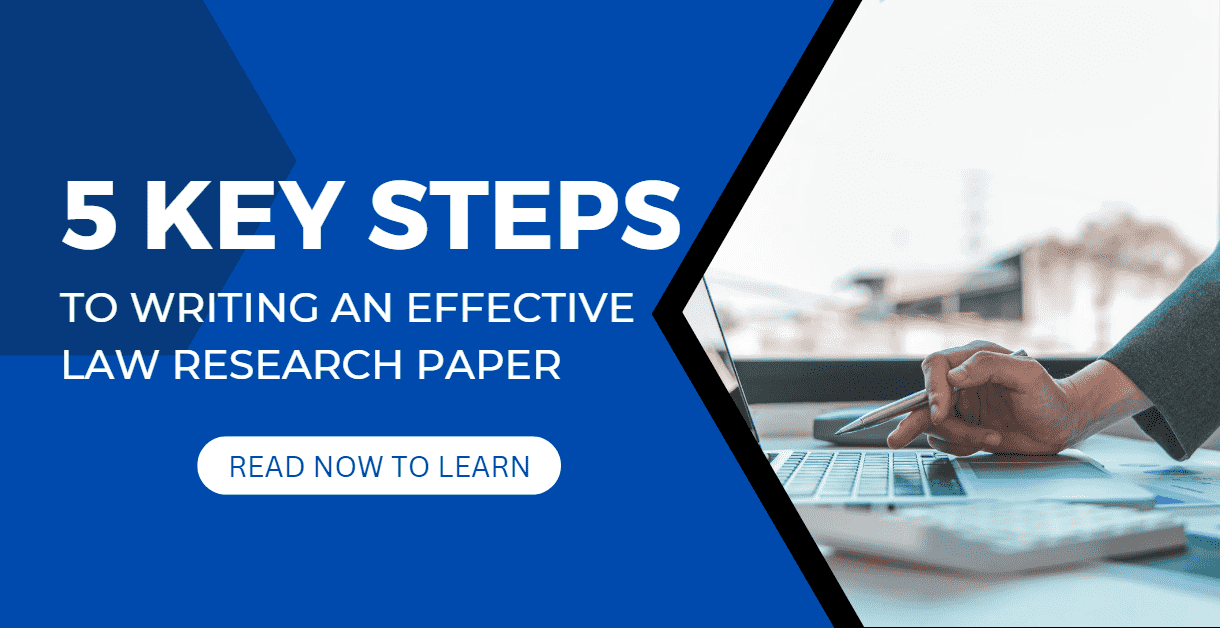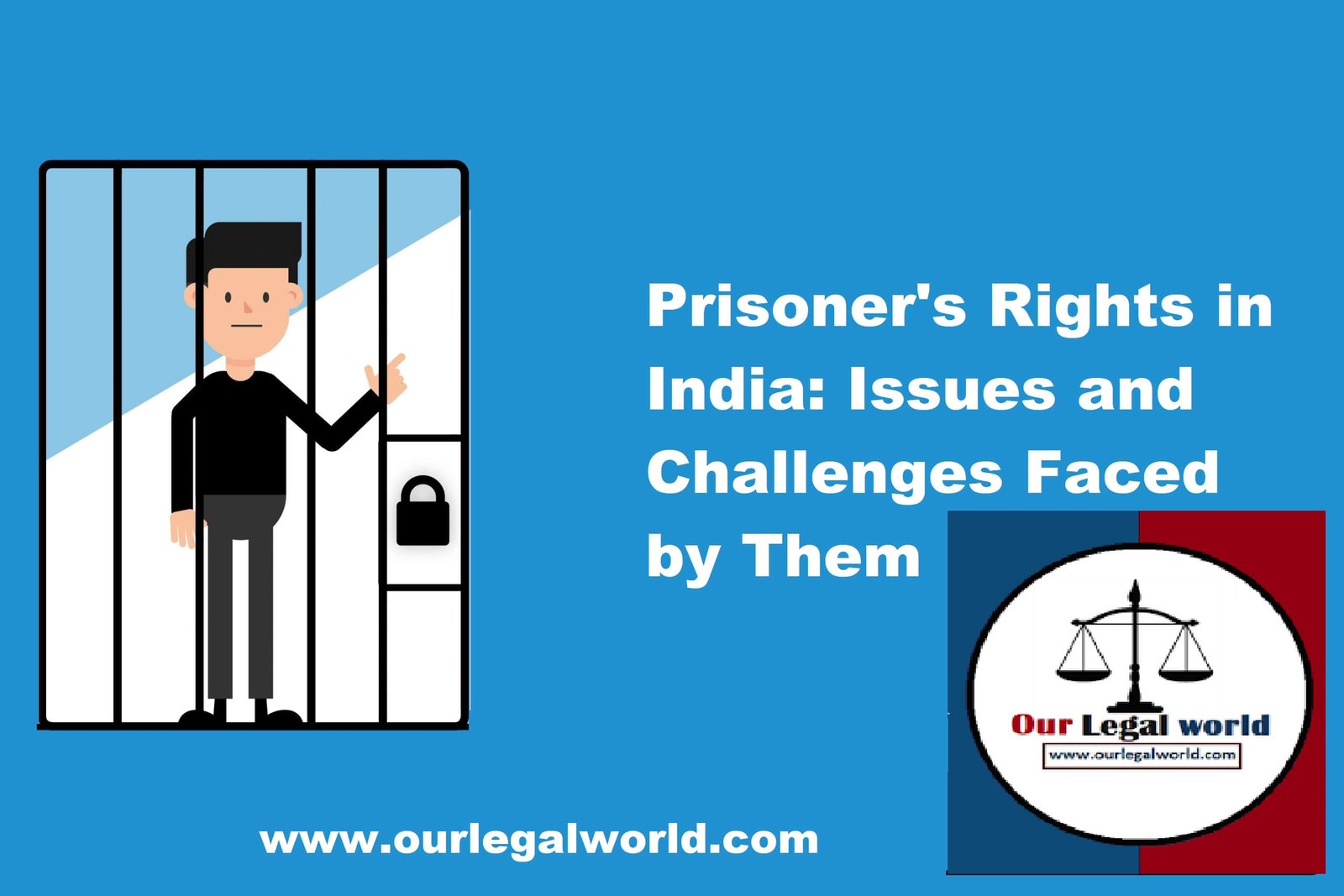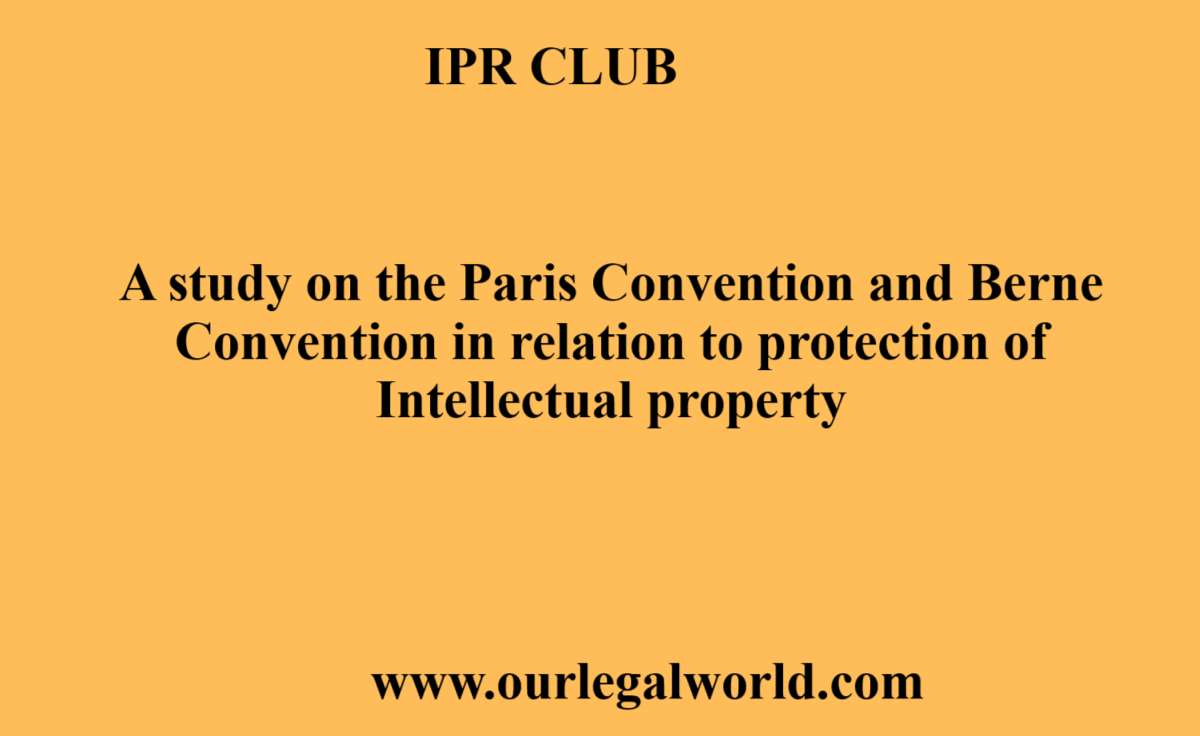Indian Law & Justice Foundation in Association with Alliance Legal hosted a webinar on ‘Access to Justice to the common people and role of bar in times of Covid-19: Webinar Video & Content
ON 24th June, 2020 the Indian Law & Justice Foundation in Association with Alliance Legal hosted a webinar on ‘Access to Justice to the common people and role of bar in times of Covid-19.” The Keynote speaker for the webinar was Mr. Justice S.N.Jha (Retd.) former Chief Justice Rajasthan and Jammu & Kashmir High Court. The Second speaker for the webinar was Mr. Rakesh Kumar Khanna, Sr. Adv. and former President Supreme Court Bar Association (SCBA).The Third speaker for the webinar was Col. R. Balasubramanian, Sr. Adv and Senior Executive, Supreme Court Bar Association.
The event was flagged off by Mr. Durga Dutt, AOR Supreme Court of India with the introduction of the speakers. Thereafter Mr. Upendra Narayan Mishra, Adv. Supreme Court of India and Member Executive Supreme Court Bar Association (SCBA) gave a brief introduction about the topic of the webinar. The webinar was moderated by Mr. Priyanshu Upadhyay, Adv. Supreme Court of India. At the end of the webinar, Mr. Karunakar Mahalik, AOR Supreme Court of India gave the vote of thanks.
HMJ S.N.Jha(Retd.) was the keynote speaker for the webinar. He commenced his speech with his views and insights on right to justice and access to Court vis-à-vis the present time of Covid-19 Pandemic. He started by saying that “it is a pandemic and not endemic” and discussed how the World has adopted various means to cope up with the present challenge. During his speech he clearly pointed out that “virtual courts/virtual hearing through VC are not a substitute of physical Courts/regular hearing in open Court rooms.” The principle underlying open Court is that justice should not only be done but should manifestly be seen to be done.
He referred to the case of Naresh Sridhar Vs. State of Maharashtradecided in 1966 reported in AIR 1967 SC 1 by 9 judges of SC wherein the Hon’ble Apex Court held that all the cases brought before the Court whether Civil Criminal or other must be heard in open Court. While touching upon the concept of open Court and its importance he referred to Section 327 CrPC, Section 157 CPC and Article 145(4) of the Constitution of India.
He also discussed the case of Swapnil Tripathy wherein the issue of live streaming of Court proceedings was brought before the Hon’ble Court. He profoundly explained that access to justice can never be complete without the litigant being able to see, hear and understand the course of the proceedings.
As a piece of advice, he told that there should be a mixed system of Virtual court and physical hearing. He stated that Virtual Courts are not substitute to physical hearings and we have to come back to the old system.
The Second Speaker for the webinar was Mr. Rakesh Kumar Khanna. He started by referring to the problems which the brother and sister lawyers are facing today due to unprecedented lockdown for a period of 3 months. He stated that the pandemic has severally affected all the advocates practicing before all courts-alike. He stated that “because of lack of normal functioning almost all the advocates are severely affected, economically, psychologically and in other ways.”
He spoke about the efforts made by the Supreme Court Bar association, SCAORA and Bar Councils and how they have tried to come out with some economic solutions by lending helping hand to colleagues who are in dire need. But he stated that this is not a long time solution as this time is likely to prevail for some time and we have to think of solution both in terms of functioning of court and financial status of the advocates.
He shared his memories from the past when in the year 2018 he was the president of Bar Association of Supreme Court. He talked about how he and other members worked out the need for Social Security System. During his tenure he proposed that Advocate Welfare fund be modified and all advocates should contribute to the fund. He stated that “We obtained the data from SC and Delhi high Court, I could see that the number of cases being filed and number of cases in which an advocate is appearing it leads us to a situation where on an average on a contribution – 100 per filing, 200 for appearance there will be huge amount which may come for the cause.”He also advised during his tenure that equal amount must be contributed by the SG and CG.
Talking about the Social Security Scheme he stated that the Govt. should provide each lawyer with life insurance, health insurance or medi-claim policies or free treatment under State Govt. health schemes or Central Government health Scheme. Moreover there should be a system of pension so and after 65 -70 years upon leaving the practice the Advocate should be paid handsome pension.
He emphasized that today we need to immediately promulgate and enforce this kind of scheme where lawyer as a matter of life will be entitled to get his life insured, health insured and is able to get money from the fund and sustain honorably.
He stated that The Delhi Govt. had accepted partly the Social Security Scheme and has allocated 50 Cr. rupees towards the same.He was the Chairman for the Committee appointed by the Govt. and about30,000 lawyers have recently registered under the scheme rolled out by the Delhi Government. He stated that it is high time that the Social Security Scheme is implemented and a fund is created from which lawyer as a matter of right will be entitled to get financial support in the times of crisis like the present pandemic.
Lastly as a part of suggestion for how to provide access to clients and advocates he stated that the SC Bar Association can provide rooms for virtual court hearings in which requisite technical support should also be provided. He stated that at present Clients are not able to participate which is creating a sort of suspicion in the mind of client as to whether my advocate has performed or not.
The third Speaker Col. R. balasubramanian started his speech by stating that “We are stuck with Covid 19 and we are stuck with technology both. This technology is going to remain forever now.” He commenced the discussion by explaining that Access to justice is one of the inalienable Right to all citizen eve the non citizen under Article 14. He discussed that Access to justice being part of Article 21 has been recognized very recently by the Hon’ble Supreme Court in J. Thakur then C.J. of India in a Constitution bench while dealing with the problem of transfer of cases from State of J&K to rest of the Country. Reported 2018 8 SCC 510. The Hon’ble Supreme Court stated that there are four fundamental things which are important very important in so far as access to justice is concerned:-a) A missionary which is effectual (b) easy Accessibility (b) speedy justice. (d) Affordability.
He tested the virtual court hearings upon the four criteria laid down by the Hon’ble Supreme Court. He discussed the Virtual Courts reality in the context of India. He touched upon the IT status in Indian Context. He stated that according to 2017 figures about 72 % of the population do not have access to internet. If this is the status of internet facility how a virtual court hearing would be effective is for us to ponder over.
He raised issue of lack of infrastructure. He stated that digital literacy has to be improved. He explained that we are having practical problems and lot many problems are put across everyday like During Course of hearing link goes, audio is not audible, video is not audible, persons are not able to access etc. He emphasized upon huge backlog of cases. He stated thaton an average 20-25 cases are listed before the Hon’ble Supreme Court. Hence, where is the speedy justice concept.
He lastly concluded by stating that all the four Criteria laid down by the Hon’ble Supreme Court is not being met by the virtual courts. Open Court hearing is the hallmark of dispensation of justice and slowly the Courts should try out physical hearing to the extent possible. As a suggestion he stated that Litigant should not be permitted so far as the hearing is concerned and not more than 2-3 advocates should be permitted for one particular case. He also stated that unless the Courts open it will be very difficult for the advocates to continue. If the Covid-19 is going to stay, there would be serious problems and if this prolongs then even for senior advocates and for advocated who have put in of experience even they will find it difficult to keep the things going.
Also Read: Our Legal World- Call for Blog or Guest Post





![Jamia Hamdard Mediation Competition 2025 at School of Law, HILSR [21st February 2025]](https://www.ourlegalworld.com/wp-content/uploads/2024/12/Screenshot-11-min-1.png)



